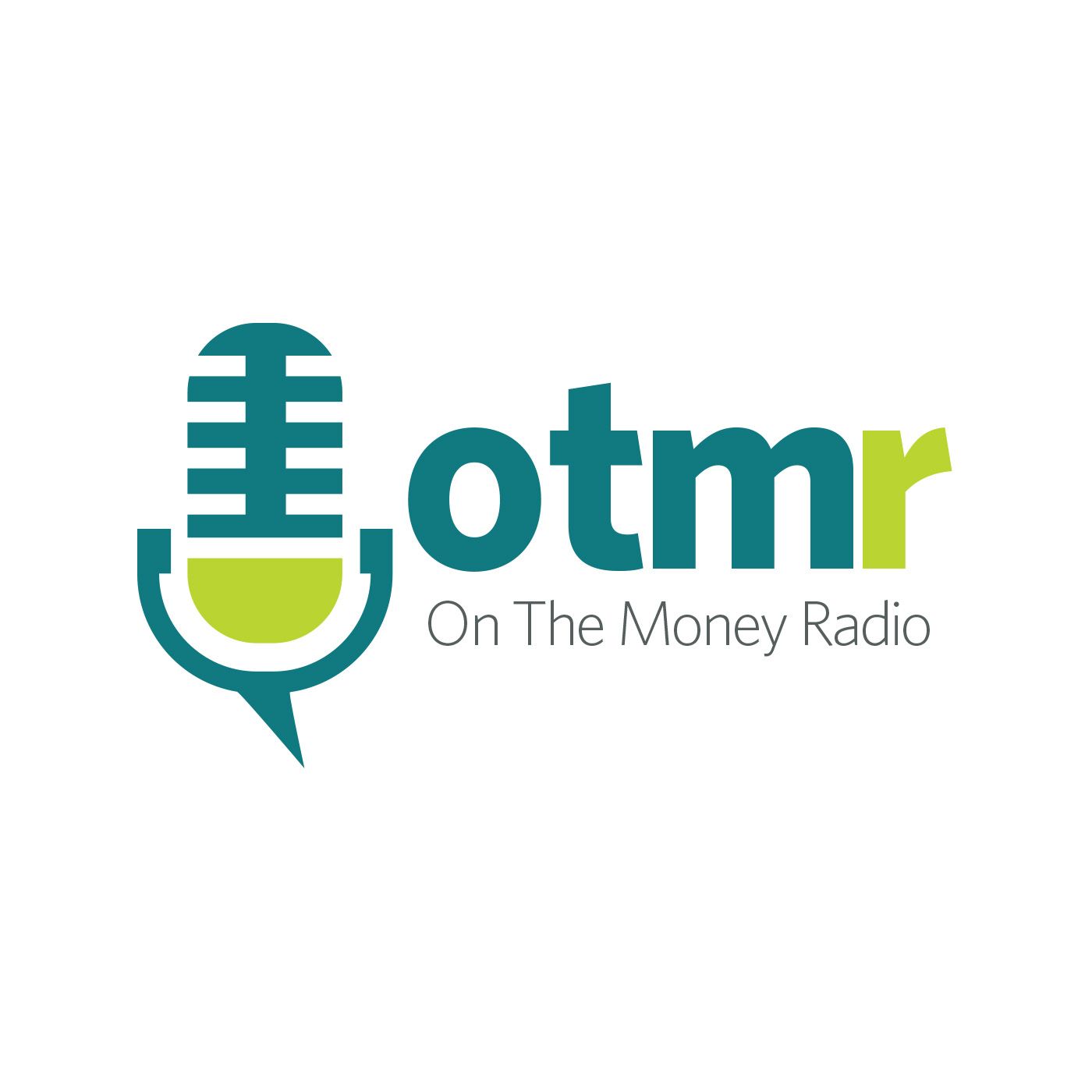The Tax Game For Avoiding Audits

With Joy Taylor, Assistant Editor at Kiplinger.com
Being audited by the IRS ranks at the top of the list of life\u2019s greatest fears for many people. Joy Taylor of Kiplinger.com and a tax attorney in Washington D C reassures us that only a very small number of returns will ever be audited. In fact, in 2015 less than 1% of individuals received such unwelcome news from the IRS.
That being said, Joy says there are common errors that could land any of us in that less than 1% group. She\u2019s particularly concerned about retirees, many of whom are living on fixed incomes, and points out some red flags that could give the IRS cause to place unwanted scrutiny on some returns.
* Taking higher than average deductions on a return, deductions that are disproportionately larger than the income. This applies to all taxpayers, including retirees, and could include a large medical expense or charitable deduction. If there are those deductions, and they\u2019re legitimate, make sure you have proper documentation.
* Not taking the RMD (required minimum distribution) from your IRA or 401k at age 70 \xbd and older.
* Conversely, for early retirees, taking distributions before reaching a certain age, generally 59 \xbd.
* Declaring losses from rental properties which is not an allowable deduction. The exceptions are if you actively participate in renting your property, then you can deduct up to $25,000 of the loss against your other income that that amount does phase out. And if you\u2019re a real estate professional, you can fully deduct your losses.
* Recreational gambling losses and winnings must be reported, but the deductions for the losses can\u2019t exceed the amount of the winnings.
Retirement should be a time when the stresses of your earlier working life are behind you, when you can enjoy your hard-earned money with a worry-free mind, without fearing an audit notification by the IRS will turn up in your mailbox. Paying attention to Joy Taylor\u2019s red flags will help assure you that your next tax return will be in that vast percentage which never gets a second look.